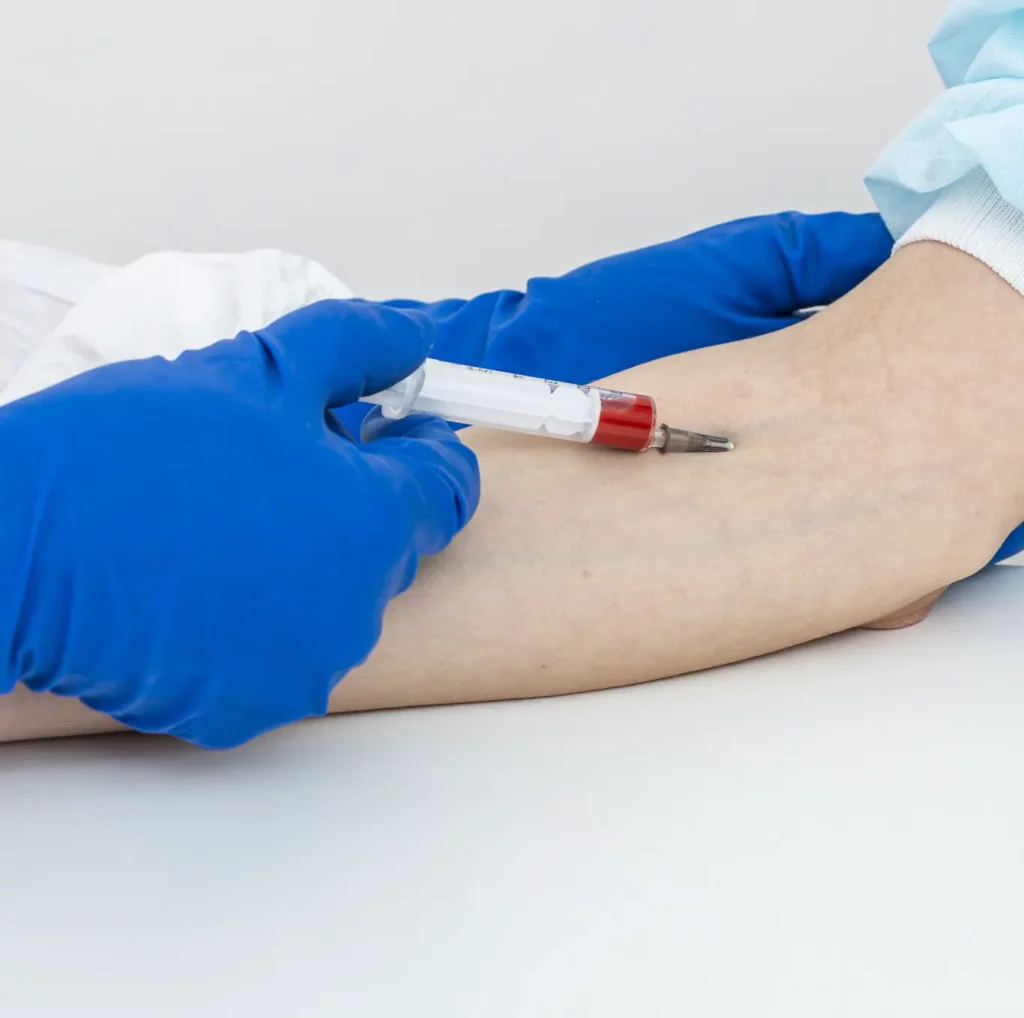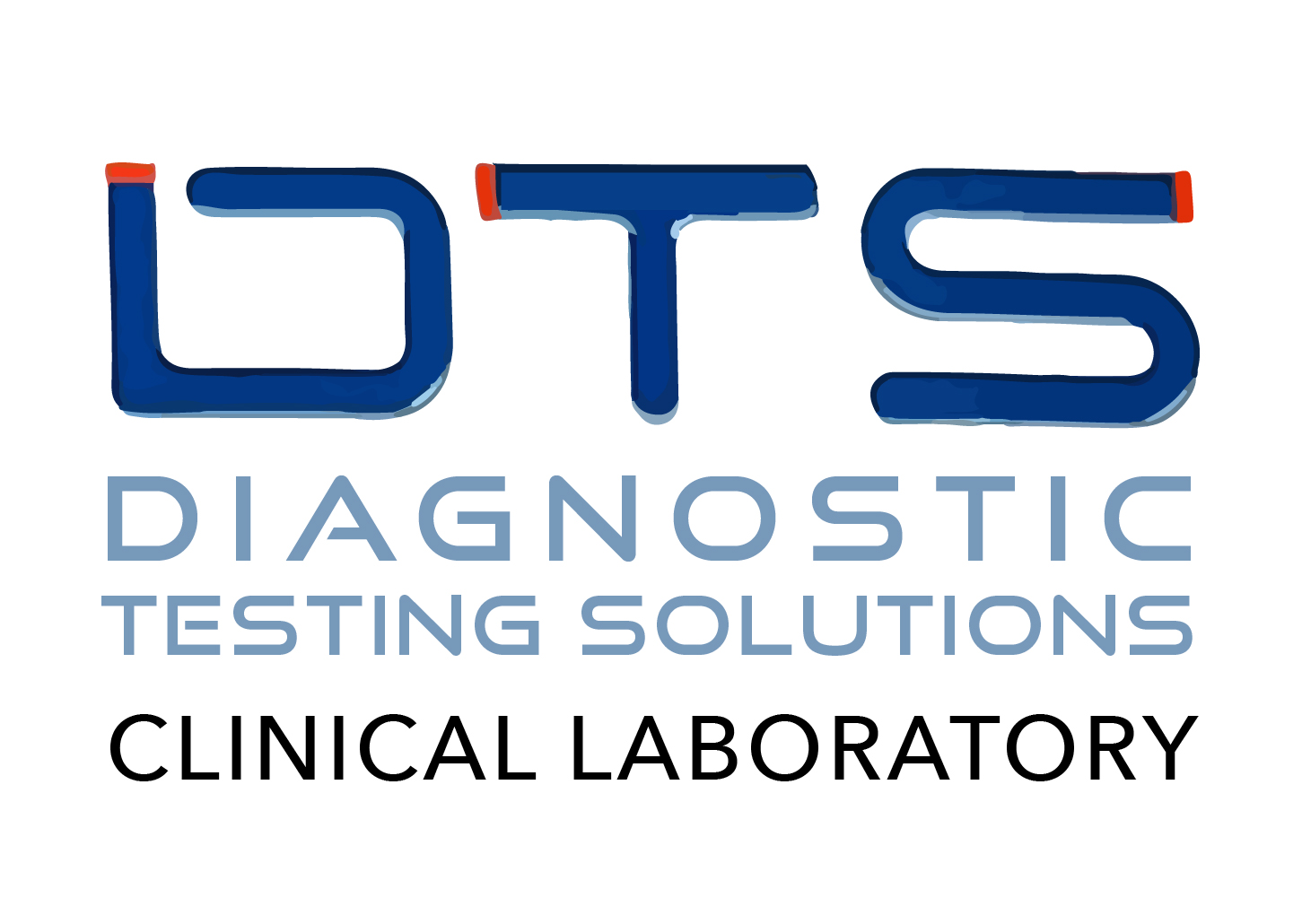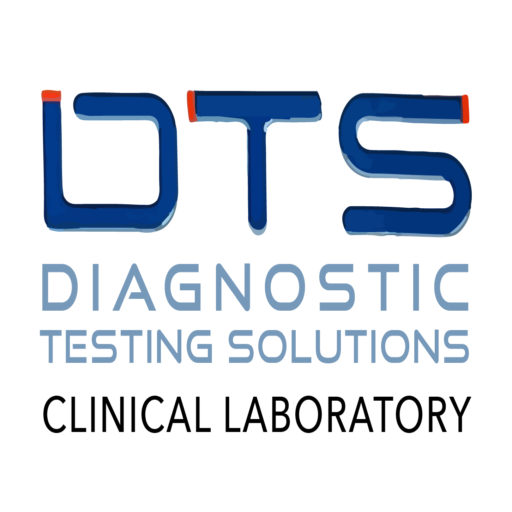
Diabetic Panel Blood Test Chicago
$99.00
Comprehensive Diabetes Screening and Management Solution
The General Health Panel Test is foundational to your health assessment, providing a broad overview of your overall well-being.
The Diabetic Panel Blood Test is crucial for individuals managing diabetes and those seeking to determine if they have the condition. This comprehensive panel includes four essential tests designed to provide you and your physician with detailed insights into your health status, aiding in diagnosing, monitoring, and managing diabetes. It measures critical indicators such as blood glucose levels, red blood cells, and kidney function, offering a thorough health assessment similar to what you would receive with the FSH Test.
Test Details
- Sample Type: Blood & Urine
- Age: 18+
- HSA/FSA: Accepted
- Collection Method: In person at a Labcorp location
- Results: 1 day from when your sample arrives at our lab
- Test must be taken by purchaser
Test Purpose: Understanding your diabetic status is vital for effective management and prevention. This panel helps detect diabetes, monitor blood disorders, and assess kidney function, providing a comprehensive overview of your health. High blood sugar levels can lead to severe complications if not managed properly, making this panel an essential tool in monitoring diabetes and preventing kidney damage.
What’s Included in this Package
Complete Blood Count (CBC)
Evaluates overall health and detects various disorders, including anemia, infection, and many other diseases, by measuring red blood cells, white blood cells, and platelets. This test is crucial for assessing the immune system and overall blood health.
Diabetic Urinalysis
Determines if protein (albumin) is present in your urine, indicating possible kidney issues and further diabetes-related complications
Comprehensive Metabolic Panel (CMP)
Provides information about your liver and kidney function, electrolytes, and blood glucose levels. This panel is critical for understanding your body’s overall metabolic state.
Hemoglobin A1c (HbA1C)
Measures average blood sugar levels over the past three months, helping to diagnose and monitor diabetes. Keeping your hemoglobin a1c levels is essential for managing long-term blood sugar control.
Preparation Instructions
Fasting
8-12 hours before the test is recommended for the most accurate results. It helps ensure that the blood test accurately reflects your current health status.
Hydration
Drink plenty of water to stay hydrated and make it easier to provide a blood sample. Proper hydration can improve the accuracy of your test results.
Medications
Continue taking any prescribed medications unless otherwise directed by your physician. Following your doctor’s advice is essential to avoid interfering with the test measures.
Procedure
Purchase Your Test
Choose and purchase the Annual Check-Up test online or in-store. Our straightforward purchasing process ensures you get the tests you need without hassle.
Provide Your Sample
Visit our lab at your convenience; no appointment is necessary. A trained professional will take a blood test to measure your key health indicators.
Get Your Results
Receive your results quickly, usually within a few days, through our secure online portal or in person. Our efficient process ensures that you have prompt access to your health data.
PATIENT SERVICE CENTERS
Labs in more than 2,000 locations across the country.
Monitor your heart health effectively with the High Sensitivity CRP Test to detect early signs of inflammation.
Frequently Asked Questions (FAQs)
No, you do not need a doctor’s order to get lab testing done at Any Lab Test Now.
No appointment is necessary. Walk-ins are welcome, and we offer work-friendly hours for your convenience.
We recommend sharing your results with your physician for any necessary interpretation and advice.
Results are typically available within 24-48 hours after sample collection.
While the glucose tolerance test measures explicitly how well your body processes sugar after a set amount of glucose is ingested, the Diabetic Panel Blood Test offers a broader analysis, including blood sugar levels over time, red blood cell count, and kidney function.
Common symptoms include increased thirst, frequent urination, extreme fatigue, blurred vision, and slow-healing sores. If you experience any of these symptoms, it is advisable to get your blood glucose level tested.




